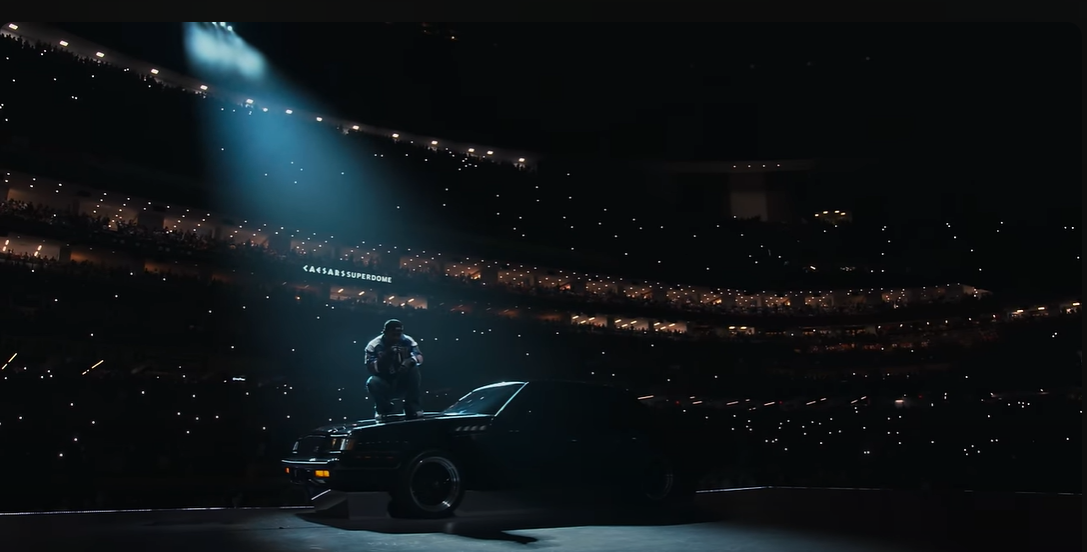AI in Content Creation: The Future of Entertainment
Technological Integration and AI Advancements in Entertainment
The entertainment industry is undergoing a massive transformation, driven by rapid advancements in artificial intelligence (AI) and technology. From content creation to audience engagement, AI is reshaping the way entertainment is produced, distributed, and consumed. Here’s a deep dive into how AI is revolutionizing the industry.
One of the most significant impacts of AI in entertainment is its role in content creation. AI-powered tools are now assisting filmmakers, musicians, and writers in ways that were once unimaginable:
- AI-Generated Music and Compositions: AI algorithms can now compose music, remix songs, and even create entirely new tracks. Platforms like OpenAI’s Jukebox and Google’s Magenta are leading this innovation, offering AI-generated compositions that mimic human creativity.
- AI-Driven Screenwriting and Video Editing: AI-powered writing tools are aiding scriptwriters by generating ideas, suggesting dialogue, and even predicting audience reactions based on data analysis. Additionally, AI-driven video editing software is streamlining post-production workflows, reducing time and costs for filmmakers.
- Deepfake Technology in Film and Television: While controversial, deepfake technology is being used to de-age actors, resurrect deceased performers for new roles, and enhance visual storytelling. Studios are experimenting with this technology to offer more immersive and realistic cinematic experiences.
AI and Audience Engagement: Personalized Entertainment Experiences
AI is not just enhancing content creation but also transforming the way audiences interact with entertainment:
- AI-Powered Recommendation Systems: Streaming platforms like Netflix, Spotify, and YouTube use AI-driven algorithms to analyze user behavior and suggest content tailored to individual preferences. This personalization improves user experience and engagement.
- AI Chatbots and Virtual Influencers: AI-powered virtual influencers and chatbots are redefining celebrity culture and fan interactions. Digital personas like Lil Miquela and AI-generated influencers are building massive online followings, bridging the gap between human and virtual entertainment.
- Voice and Gesture Recognition for Interactive Media: AI-powered voice and gesture recognition technologies are enhancing interactive gaming, virtual reality (VR), and augmented reality (AR) experiences, making entertainment more immersive than ever.
Challenges and Ethical Considerations
While AI presents exciting opportunities, it also raises ethical concerns that need to be addressed:
- Authenticity vs. Artificial Creativity: The rise of AI-generated content sparks debates about the authenticity of human creativity. Should AI be credited as an artist, or does it merely replicate existing patterns?
- Privacy and Data Security: AI-driven personalization relies on massive amounts of user data. Ensuring privacy and data security remains a top priority to prevent misuse and unauthorized access.
- Job Displacement in the Creative Industry: As AI automates various aspects of entertainment, concerns about job losses in traditional creative fields—such as scriptwriting, acting, and music composition—continue to grow.
The Future of AI in Entertainment
The integration of AI in entertainment is only just beginning. As technology continues to evolve, we can expect even more innovative applications, from AI-powered storytelling to hyper-realistic virtual concerts. The key to leveraging AI effectively lies in striking a balance between automation and human creativity, ensuring that technology enhances rather than replaces artistic expression.
As we move forward, the entertainment industry must navigate these changes thoughtfully, embracing the power of AI while preserving the essence of human storytelling. The future of entertainment is undoubtedly AI-driven, and it’s an exciting era to witness.

Comments
Post a Comment